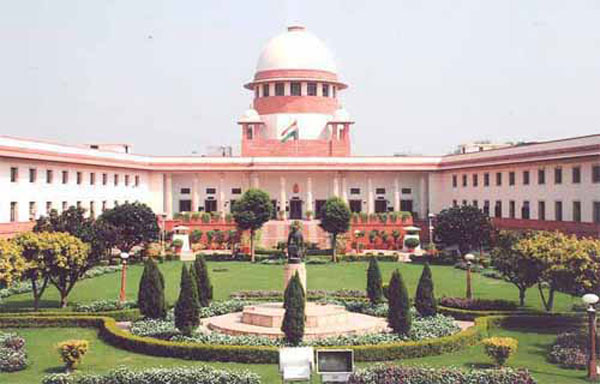New Delhi, December 16: The Supreme Court on Monday declined to entertain a petition for disqualifying MPs and MLAs, convicted for criminal offences, without giving them the benefit of appeals pending in higher courts.
A Bench of Justices A.K. Patnaik and A.K. Sikri dismissed the petition filed by Lok Prahari, an NGO, through its general secretary S.N. Shukla.
On July 10, the court struck down as unconstitutional Section 8(4) of the Representation of the People Act that gives convicted lawmakers a three-month period for filing appeals in higher courts. The court made it clear that the ruling would be prospective [would apply to those convicted after July 10, 2013]. MPs/MLAs who had already filed appeals would be exempt from disqualification.
Section 8 deals with disqualification: A person convicted of the charge of any offence and sentenced to imprisonment under Sections 8 (1) (2) and (3) shall be disqualified from the date of conviction and shall remain so for six years after his release.
Seeking modification of the judgment, Lok Prahari said: “The exemption to the already convicted MPs/MLAs is not in accordance with Articles 101 and 190 of the Constitution which provide that the disqualification shall be effective instantly.”
Enclosing a list of 24 sitting lawmakers convicted for various offences, the petitioner said the judgment had created two classes of convicted lawmakers — those who lose their membership and those who can retain it — though both incurred disqualification. The effect of Section 8(4) of the RP Act, having been declared null and void, was different within the same category of the lawmakers.
He demanded that in the case of all sitting MPs/MLAs, the disqualification apply from the date of judgment and the judgment be made effective even in the cases of those who had incurred the debarment prior to the judgment.

